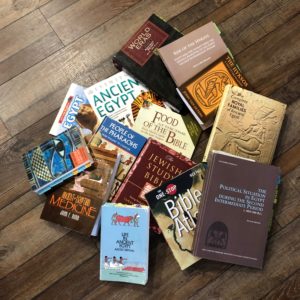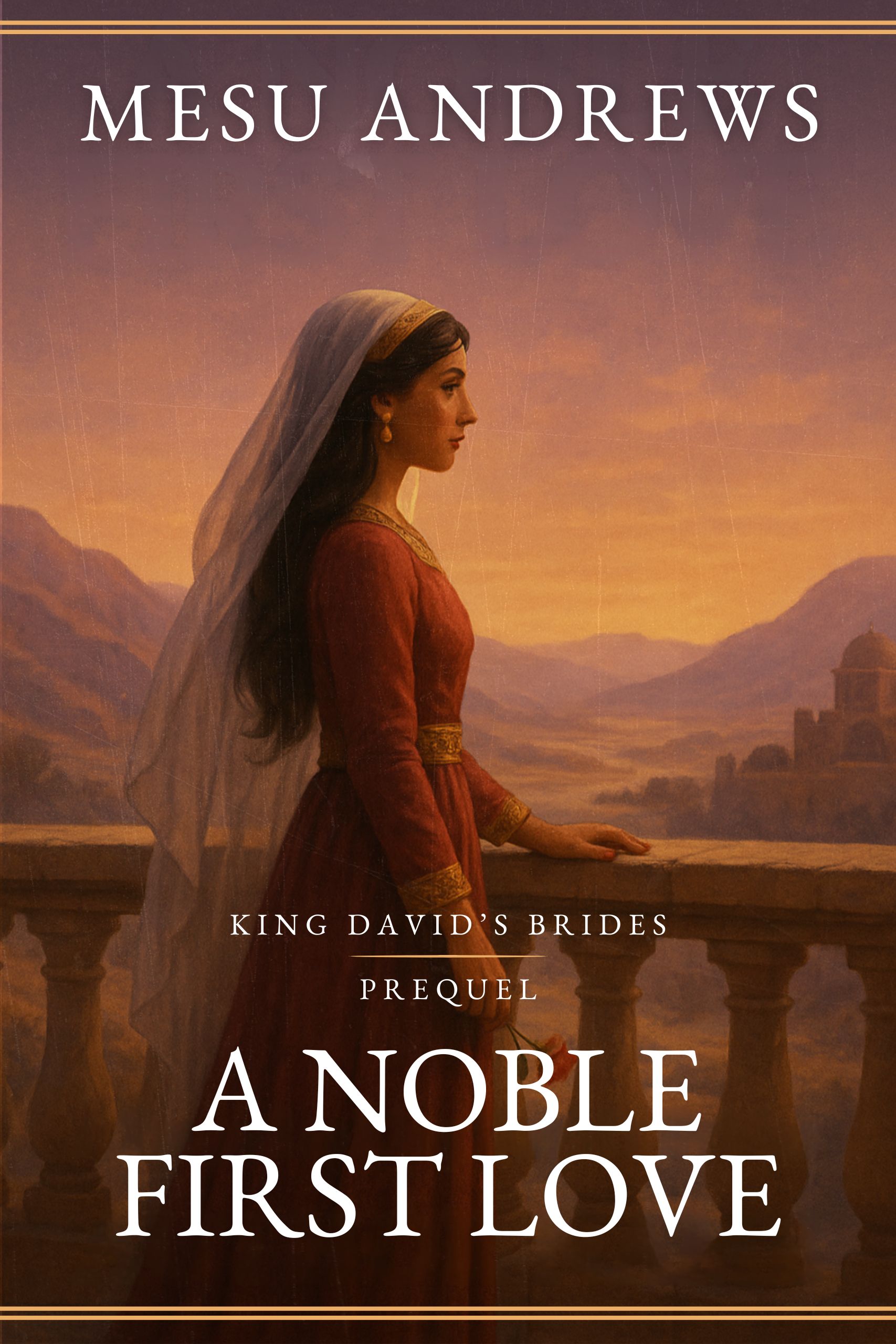
I’m often asked why I write in the biblical fiction genre. I usually laugh and explain that I only write fiction to support my research habit.
A core question remains, however, for those who love Scripture:
Why does anyone need to write OR read biblical FICTION when the Bible already tells the TRUTH of God’s eternal story?
It’s a valid question and one I asked–once upon a time–before I realized the power of story to change not only the heart but also to inform the mind and transform lives.
Is Biblical Fiction Wrong?
Some folks believe biblical fiction adds to God’s Word and use this Scripture to prove writing or reading biblical novels is sinful:
“Do not add to what I command you and do not subtract from it, but keep the commands of the Lord your God that I give you.” Deuteronomy 4:2
You can also CLICK HERE to find 99 other Bible verses about “not adding to God’s Word,” which is called “proof texting.” It means finding random verses in Scripture to prove your point.
A Better Way . . .
The best way to read, understand, and apply the Bible to our lives involves more than choosing meanings verse-by-verse. The Bible is a compilation of books written by many different authors over several centuries that tells a single story–with the ending yet to be fulfilled!
To fully understand what Moses said in Deuteronomy 4:2, we should open our Bible to Exodus and read Exodus, Leviticus, and Numbers to know all that led up to the circumstances in Deuteronomy.
Moses and the people of Israel had finished their forty years of Wilderness wandering. The word, “Deuteronomy” means “second law.” Moses was recounting the Law a second time for the Israelites because they were about to enter the Land God had promised them.
Enter…Reliable Biblical Fiction

Wouldn’t it be nice to read a book–prayerfully researched and faithful to maintain the absolute Truth of God’s Word–that sums up important story facts from Exodus, Leviticus, and Numbers so we can understand the context of Moses’s words in Deuteronomy?
You might know some biblical truths about Moses–like, he wasn’t allowed to enter the Promised Land with the Israelites because of a particular sin he committed–but there are other interesting things that biblical fiction can bring out that you might overlook if you simply read through Scripture.
For instance, I read through the Bible for years but never knew the answers to these questions:
- Did the Israelites have flocks and herds with them during the 40 years of wandering?
- How much detail of their 40 wandering years is recorded in Scripture?
- When and how did Miriam (Moses’s sister) die?
Then And Now
Before I started WRITING biblical fiction, I thought it was a waste of time to READ it. I figured reading a good Christian Living or Bible Study book was far more valuable to my spiritual growth than reading a story from someone’s imagination. Though I still believe non-fiction studies are worthy reading materials, a carefully-researched and powerfully-written biblical novel can be equally life-changing.
Why? Because story has the power to change. When biblical fiction is written well, readers can’t wait to read their Bibles! When we learn more about the Bible’s customs, cultures, and ancient communities, we become disciples who feel more equipped to understand God’s Word.
Understanding “THEN” helps us interpret the Bible “NOW”.
Time vs. Information
 Who has the time or resources to dig into biblical research at the level many biblical fiction writers do?
Who has the time or resources to dig into biblical research at the level many biblical fiction writers do?
During the nearly thirty years I’ve researched biblical stories, my personal library has grown with the number of Bible-trivia facts in my head. Anyone care to know about ancient Assyrian hair products? Or maybe which bugs Egyptians crushed to use as lipstick? (Yep, they crushed red BUGS!)
I’ve learned lots of interesting facts but–perhaps more importantly–the Lord has taught me amazing, heart-awakening, life-impacting truths during the research too. Perhaps you’ve heard it said, “A teacher always learns more than her students.” Well, it’s true of an author and her readers as well.
Because the I AM Is With Us
When I contemplate the responsibility of writing biblical fiction–interpreting for today’s reader the lives and stories of biblical characters–the task seems too daunting. How could anyone do justice to the lives of REAL PEOPLE who God chose to memorialize in His eternal record? Why would I even try?
Honestly–I can’t think about it too much. I relate to Moses, when he asked God, “Who am I to go back to Egypt and talk to Pharaoh?” I’ve said to God many, many times: “Who am I to write this story? I have no idea what happened!”
Yahweh–the I AM–gives me the same answer He gave to Moses:
I will be with you.
That’s it. That’s all. It didn’t matter who Moses was. It doesn’t matter who I am. And, frankly, it doesn’t matter who you are. If God has asked you to do something–like write OR read biblical fiction–He’ll be right there with you while you do it.
Take That Step
What is it the I AM has asked you to do? Is your first question, “Why me?” He’s answered that already. (He’ll be with you.) Next question. Or maybe it’s simply time for the first step.
For me, it was buying a book called, “You Can Write a Novel.” It didn’t help much, but it was the thing that got me started.
Today’s Question:
- What’s your first step? Prayerfully ask the Lord to show you and then take it!




Comments 8
Dear Mesu a question about biblical novels: a biblical novel can be an action and adventure in distant lands outside from ancient Israel?
Author
Absolutely! If it has a strong biblical story line and/or references to biblical characters.
My novel is set in Ophir in the time of Uzziah and have as protagonist a sailor from phoenician mother and israelite father
Author
King Uzziah ruled Judah during a very intriguing period of Israel’s/Judah’s history. Using a sailor and his multi-national heritage to tell that story could be very effective.
I am writing a story inspired by my dream, where I am the time traveler who met Jesus and became His friend
Author
Hi Jana! Your premise sounds interesting and would likely fall in the category of speculative biblical fiction. It’s a bit out-of-the-box but might get the attention of someone in the speculative publishing world. Check out this blog post to learn more: https://lynnecollier.com/2017/10/03/what-is-christian-speculative-fiction/. Blessings on your writing journey!
What is the average length for a biblical fiction story?
Author
Hi Kayla! A bibfic manuscript usually runs between 90-120k words. I try to keep my first draft at 90-95k because good editing usually gives me several ideas to expand. I need the extra count space to incorporate editor’s helpful suggestions.